
The Free Press

This account, first published in JewishNews, is written by an anonymous London-based Guardian employee who has family living on a kibbutz in southern Israel. It offers a look at life in the newspaper’s offices in the days since Hamas’s attack on Israel.
I wake up on October 7 to a text from my brother-in-law: “Thoughts are with your family in Israel. I hope everyone is safe.”
I check the news. Hamas has entered southern Israel. They’re in a kibbutz. My partner’s family is in that kibbutz. His cousin is nine months pregnant. He’s in contact with them; they’re in the safe room. Terrorists are outside.
I check social media. Reports of hostages, maybe three. I check again; perhaps ten.
There has been a massacre at a music festival. I look at the video. Who do I know there? I check social media again; there are videos of hostages. I look at their faces. Do I know them?
We lose contact with family in the kibbutz. I tell myself that the phone lines are down because the IDF are there. I watch Hamas footage as it is coming out. I go on Telegram for the first time in my life and I see a room full of bodies covered in blood. I see children gunned down. I see the bodies of raped women. I see families holding each other as Hamas livestreams atrocities. I look for people I might know.
My partner and I walk 30,000 steps. There’s nothing we can do. Late that evening we hear that his family is safe but their house is gone, neighbors are dead.
I don’t understand. I could have easily been there and part of me thinks I was.
I look at the papers the next day. The newspaper I work for has a tank on the front page: ‘Hundreds die and hostages held as Hamas assault shocks Israel’—victorious terrorists hold a Palestinian flag. The subheading reads ‘Netanyahu declares war as 150 Israelis die. 230 Palestinians killed in air strikes.’
I don’t understand. I know people, Israelis, who were murdered. They did not “die,” as if in some kind of accident. I saw footage of terrorism. It was not an “assault.”
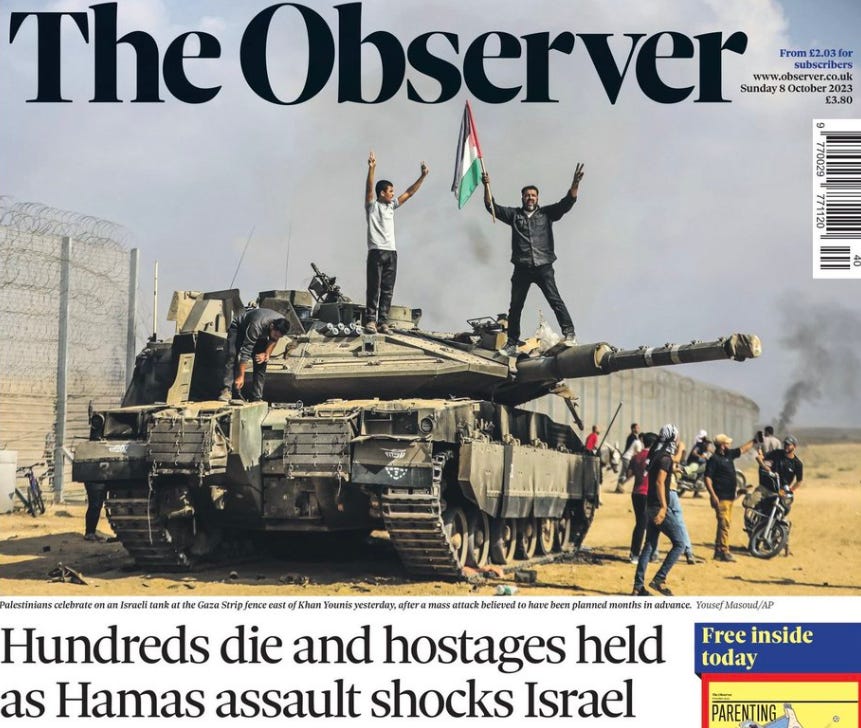
On Sunday, we get more information about what happened to my partner’s family, about how Hamas set the family’s house on fire when they thought it was empty, how my partner’s cousin screamed for her life when the room filled with smoke, how her husband had to pin her down to stop her cries, how Hamas laughed when they realized the family would need to crawl out of the room, how they refused to leave the burning building. We hear that they somehow survived and walked out through pools of their neighbors’ blood, pieces of dead children littering the street; kids who’d been playing on a Saturday morning.
I’m safe, I’m fine, but I can’t comprehend the color of the sky or the rustle of the trees. I look around at people enjoying their Sunday and I think: Do they not know what is happening? I check the news again and see there are more hostages. I look through the names.
There are still terrorists in Israel.
I listen to the radio, one Israeli interviewee and then one Palestinian. I can hear that the interviewer is struggling as defenders of Hamas justify terrorism. I don’t understand. Is this how they reported the Russian invasion of Ukraine? Did they platform Putin’s people?
I check social media. A friend has posted: “They’ve broken out of jail.” Another has said: “Today is a day of celebration,” and someone else has shared an infographic of “Settler colonialism for beginners.” My old flatmate tells her followers she will be at the demonstration outside the Israeli embassy and she invites people to join her.
On Monday I go to work. How are your family, a colleague asks. When I answer, she squirms. Can’t they just leave, my colleague says. No, they can’t actually.
I look at the morning newsletter for the newspaper I work for. It breaks down the number of dead Palestinian children. It does not mention dead Israeli children.
My group chats are exploding as family and friends work out what has been happening, who is alive. I go back to the news. I type the name of the kibbutz into the wires. Nothing. I read how Hamas invaded “settlements.” They’re not settlements! They’re small, pre-state kibbutzim.
I find out that a friend of a friend was at the music festival and is missing. I’m shaking at work.
I see a colleague who had posted about “decolonization” all over social media over the weekend. They’re laughing with the rest of their team. They’re having a great day. I used to love their podcast, full of hot takes and celeb gossip. Now they’ve evolved into an expert on the Middle East. It doesn’t look like their family is in the middle of it, though.
No one else at work speaks to me about it. I nod my way through conversations about fonts and I stumble home.
I go back the next day. I look at the front page. A photo of Gaza and “violence escalates.” Israelis “dead” but Palestinians “killed.” If they can’t empathize with the Jews now, they never will.
I email the editors. I tell them that my newspaper’s coverage has been upsetting. They tell me that their thoughts are with my family but they stand by the paper’s reporting.
I hear colleagues complaining about the newspaper’s “American readers. They’re always accusing us of antisemitism.” They’re laughing.
I leave work early to go to a vigil outside Downing Street. People quietly weep. Everyone there is Jewish.
I’ve seen on social media that I know people going to a demonstration. Later, I see photos of it: people on lampposts, red flares, Jews hiding inside, the Israeli embassy boxed in. All kinds of people are united in the chant, “From the river to the sea, Palestine will be free.” In Sydney, they are shouting: “Gas the Jews.”
On Tuesday, I find out that my friend’s friend at the music festival is dead. I remember the day I’d spent with him on the beach in Tel Aviv last month. He’d gotten back from South America and was excited to travel again. He had been gentle and sweet. I don’t understand.
On Wednesday, I go to work again, and the next day, and the next day. Finally, the pictures from the kibbutz come out. I look at all of them. I rewatch the footage. I bear witness. No colleague asks me how I am again that week.
I go to synagogue at the weekend and cry with my community. The rabbi holds space for pain. I say Kaddish for the boy at the music festival I will never talk to again.
Back at work I see someone pointing to a photo of the Israeli flag burning in the newspaper. They laugh, “This is my favorite picture.”
I remember telling my family that when I next went to Israel I’d lie to my colleagues and tell them it was Spain. I’d lie because my colleagues had said to me of Israel: “You gotta go while you still can.”
Now another colleague asks me what I think of Netanyahu. Do I hold him responsible? I explain that I have protested against Netanyahu but the only people responsible for October 7 are Hamas. She keeps asking me about the settlements. I tell her they’re bad but she won’t stop. “Don’t you think Bibi has a lot to do with this?” I ask her if she has family in the region. She does not.
I’m on social media again. Friends share infographics from Jewish Voice for Peace and heavy-hitting images from the Gaza Health Ministry. I don’t disagree with what they’re posting but they said nothing when October 7 happened. I start unfollowing decades-old friends.
In the days that follow, my synagogue receives a bomb threat, my local rail station has photos of missing children ripped off, I hear of more friends of friends who have been killed. I hear of others who are now enlisted. I hear that a synagogue president in America has been stabbed to death and synagogues all over the world have been vandalized and destroyed.
The newspaper I work for is covering the bombardment of Gaza and I watch in horror. I think that Israel must defend itself. Yet when I say this, people will tell me I am justifying the murder of children. They will tell me it is a genocide.
As the events of October 7 draw on collective Jewish memory of pogroms and the Holocaust, the newspaper I work for will dispel that myth, publishing a piece entitled “Israel must stop weaponizing the Holocaust.” Am I wrong to connect our grief today with that of our past?
In the weeks that follow, I will apply for other jobs and speak exclusively to Jewish friends and family. I will hide myself away from the streets of London and the waves of social media.
I will not forget the photos and videos I saw on October 7, but I start to think about how this day will be marked; how my children’s children will take part in a new commemoration, where we will remember not the Romans or the Persians or the Nazis but Hamas, and how we survived.
Intergenerational trauma has been retriggered but now is not the time to dwell on our historical violent oppression. Now is the time to rise up, speak out, and defend our right to exist. Now is not the time for colleagues to dismiss Jewish pain or publish inflammatory op-eds that will spark more violence.
I will keep applying for other jobs.
EDITOR’S NOTE: On November 2, it came to our attention that the statement in this piece, “Back at work I see someone pointing to a photo of the Israeli flag burning in the newspaper. They laugh, ‘This is my favourite picture,’” relates to a comment made by a visiting schoolchild at the Guardian, not by a Guardian staff member.
Subscribe to The Free Press today:


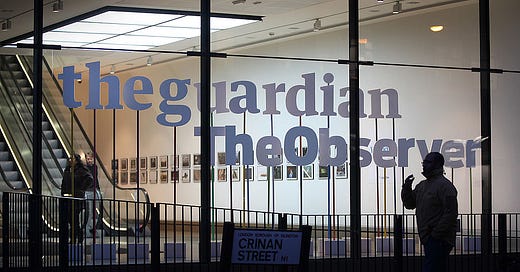


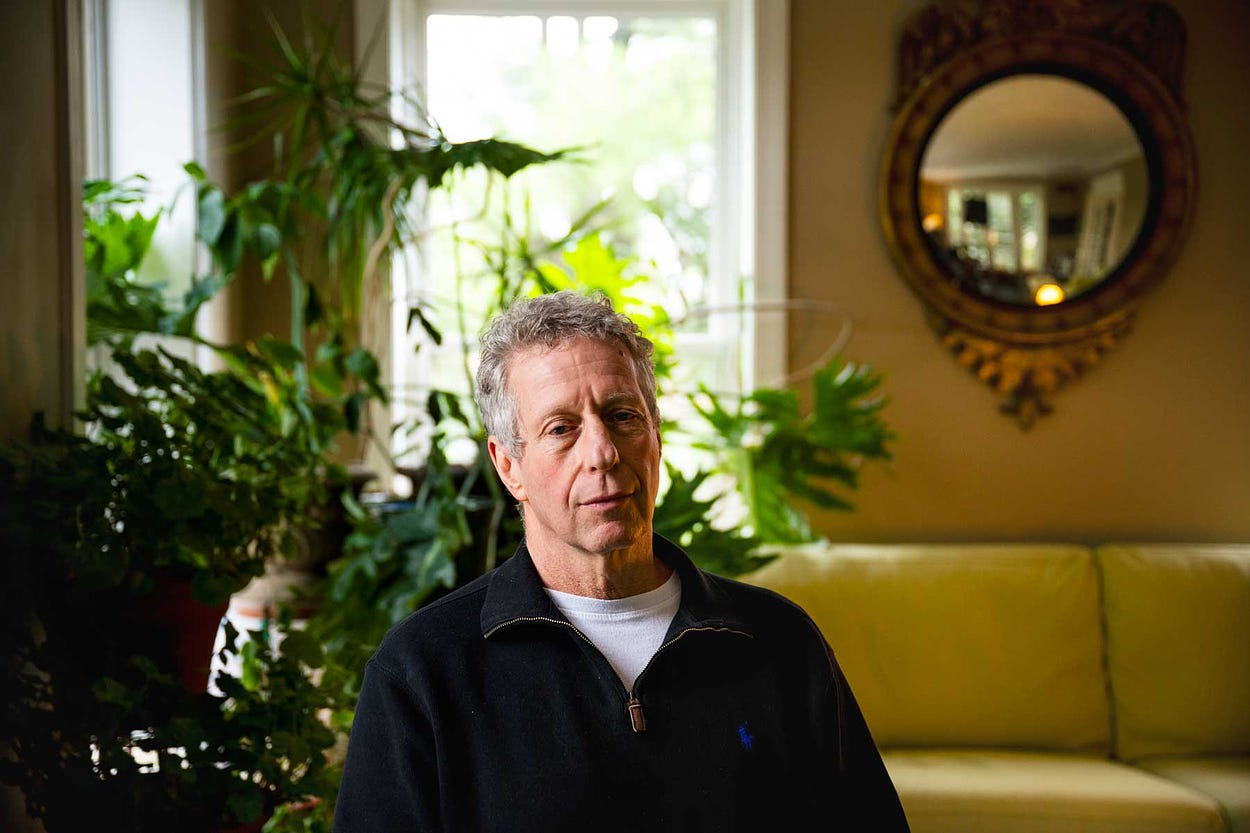

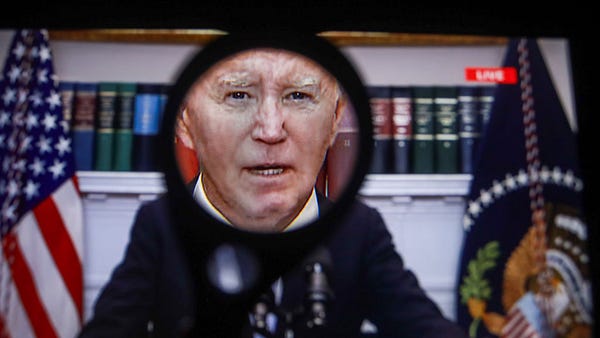

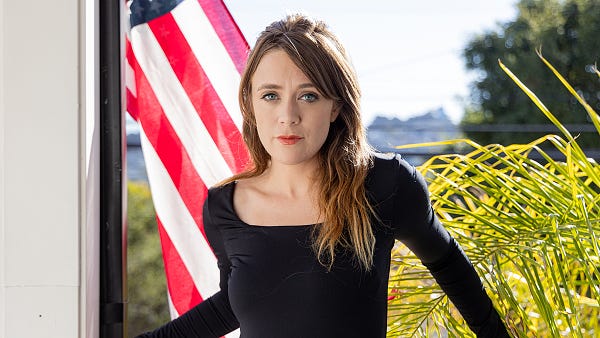

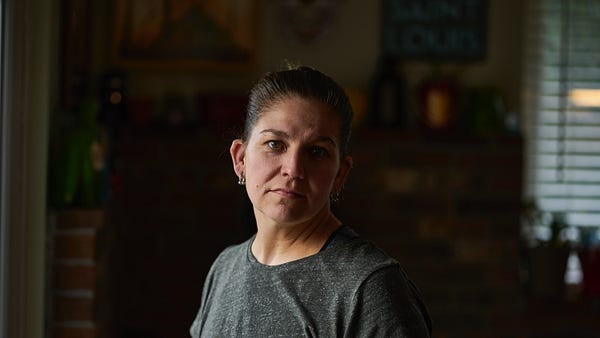

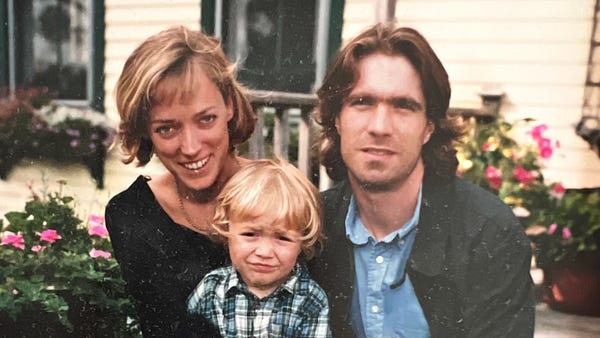

Without words. It’s been everywhere. This response. Also in the Netherlands, where I’m from. It triggers a demoralizing anxiousness about what’s to come and yet - not voicing a fierce resistance would be much worse. Be strong, you have friends still and they are many.
I have been a Republican all my adult life. In the past 8 years I've been called a Nazi by people on the left who are now proving themselves extremely anti-semitic. My grandfather was a Jewish Republican. He married a Methodist minister's daughter, my grandmother. My wife & half my family is Jewish. I have supported Israel all my adult life.
It's time for fashionably leftist people to face reality. The left is largely anti-semetic. The right has a small anti-semetic fringe. It's really an easy choice.